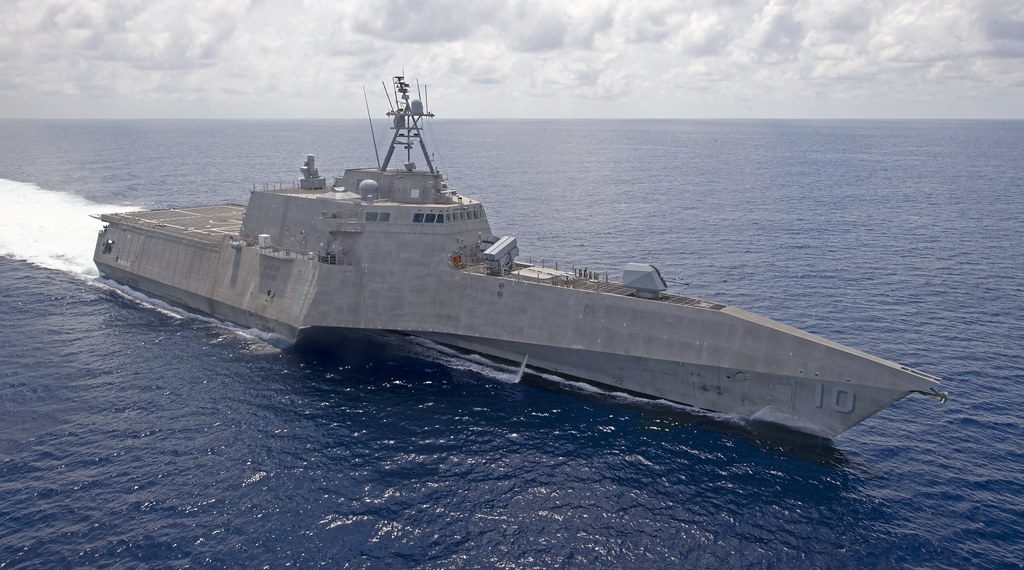On Monday, China vigorously revived its so-called “wolf warrior” diplomacy, harshly criticizing what a military spokesperson described as the unauthorized entry of a US warship into waters claimed by China. The spokesperson labeled the US as “the biggest threat to peace and stability” in the South China Sea.
In a shift in dynamics, Australia, previously targeted by China with unauthorized tariffs and sanctions on essential exports such as coal, wine, and lobster, has seen a thaw in relations. This improvement was highlighted by Prime Minister Anthony Albanese’s inaugural meeting with Chinese President Xi Jinping in Beijing last month. Additionally, China has released Australian journalist Cheng Lei after three years of imprisonment and has removed most import restrictions on Australian goods.
In recent years, China’s approach to international relations has dramatically transformed, becoming more assertive and confrontational. This shift, often characterized as “wolf warrior diplomacy,” marks a stark departure from its traditionally low-profile and cooperative foreign policy. As China’s global influence continues to grow, understanding these changes becomes crucial for both international policymakers and global governance.
To explore this subject further, the Times spoke with Dr. Shaoyu Yuan, a distinguished scholar in international relations and Chinese foreign policy, and author of Panda Not Dragon, an Amazon Best Seller. Dr. Yuan, who serves as a research fellow in the Division of Global Affairs at Rutgers University, has published numerous articles on Chinese Soft Power and Foreign Policy. His latest research sheds light on the subtle shifts in China’s diplomacy and their effects on the international arena.
Yuan says that the shift in diplomacy can primarily be attributed to China’s rising national confidence and its perception of an increasingly competitive international environment. China feels it must assert its interests more vigorously and respond robustly to what it perceives as challenges to its sovereignty and global stature. This approach has been particularly evident in how China has interacted with global powers and managed its image during the COVID-19 pandemic.
When it comes to the incidents that illustrate China’s “wolf warrior” diplomacy, Yuan talks about the Twitter Spat between Zhao Lijian, former spokesperson at China’s Foreign Ministry, and the US State department. Absolutely. Starting with the Twitter confrontation involving Zhao Lijian, this episode is not just about a digital spat; it reflects a calculated move by China to assert its narrative on a global platform. Zhao’s aggressive posts aimed to counter criticism of China’s handling of the COVID-19 outbreak and project strength to both international and domestic audiences. This incident is indicative of a broader strategy where China no longer passively responds to international critique but actively engages and confronts it head-on through new media channels.
“Moving to the tensions with Australia, this was a significant escalation that demonstrated China’s willingness to use economic leverage as a tool of statecraft.” Yuan says. The imposition of tariffs and restrictions on key Australian exports was a direct response to what China perceived as political provocations—specifically, Australia’s advocacy for an independent COVID-19 inquiry. These measures served as a stark warning to other states about the consequences of opposing China’s official line, illustrating a shift towards more coercive diplomacy.
Yuan told us that the impact of China’s wolf warrior diplomacy has been profound and far-reaching. On one hand, it has caused some deterioration in trust between China and several global powers. There’s been a notable cooling in relations with countries like Australia and Canada, and even with the European Union, which has faced its own challenges in balancing economic ties with China against political concerns about human rights and security. However, this approach has also had some success in aligning smaller or more economically dependent nations more closely with China’s geopolitical agenda. By showcasing a readiness to retaliate against perceived slights, China is sending a clear message about its intolerance for dissent and its readiness to defend its national interests vigorously.
The adoption of wolf warrior diplomacy represents a significant pivot in China’s foreign policy approach. While it has undoubtedly strengthened nationalistic sentiment within China, bolstering the government’s domestic image, it has complicated international relationships and global diplomacy. This strategy risks isolating China from potential allies and partners, especially among Western democracies concerned with human rights and free speech.
Internationally, there’s a need for recalibration of diplomatic approaches toward China. Countries are seeking new ways to engage with Beijing, balancing the need for economic cooperation with the imperative to address security and human rights issues. The global diplomatic community must navigate these waters carefully, as the traditional levers of diplomacy—negotiation, dialogue, and mutual interest—are being tested under the strain of China’s assertive new stance. As the international community adapts to these shifts, the insights provided by experts like Dr. Yuan will be crucial in shaping effective and informed responses.
























